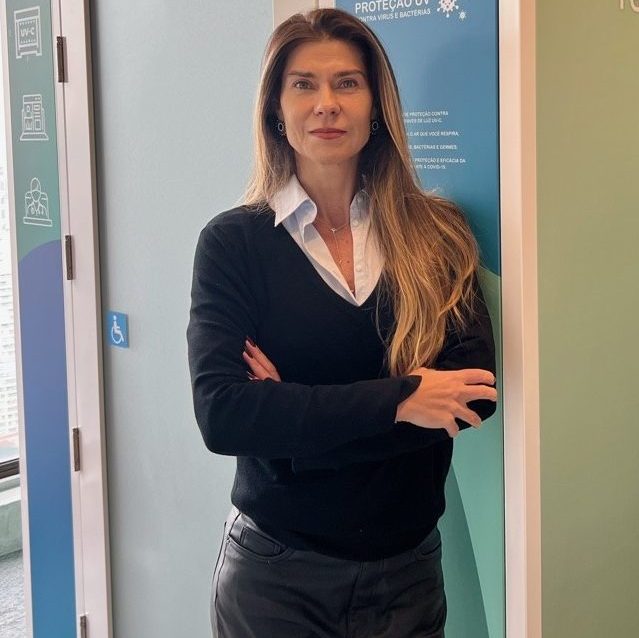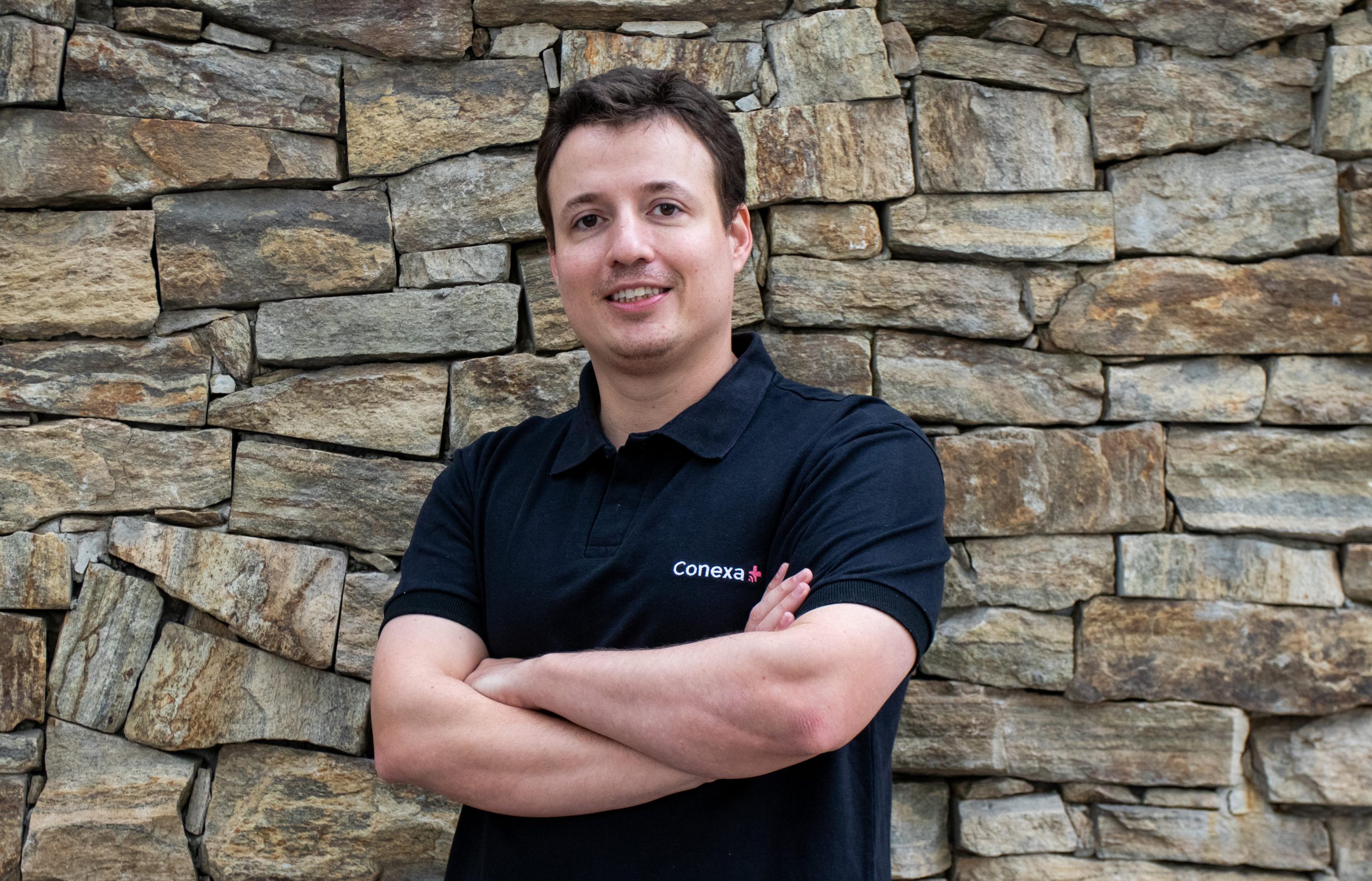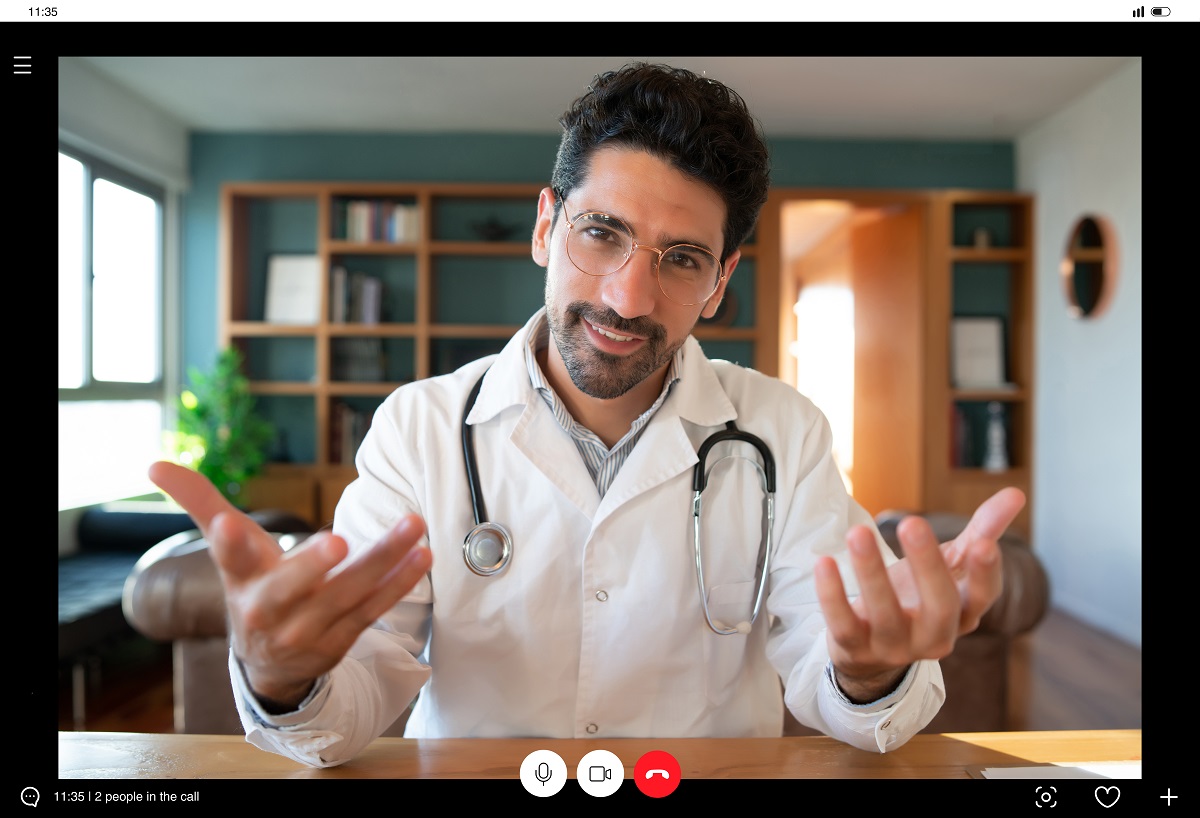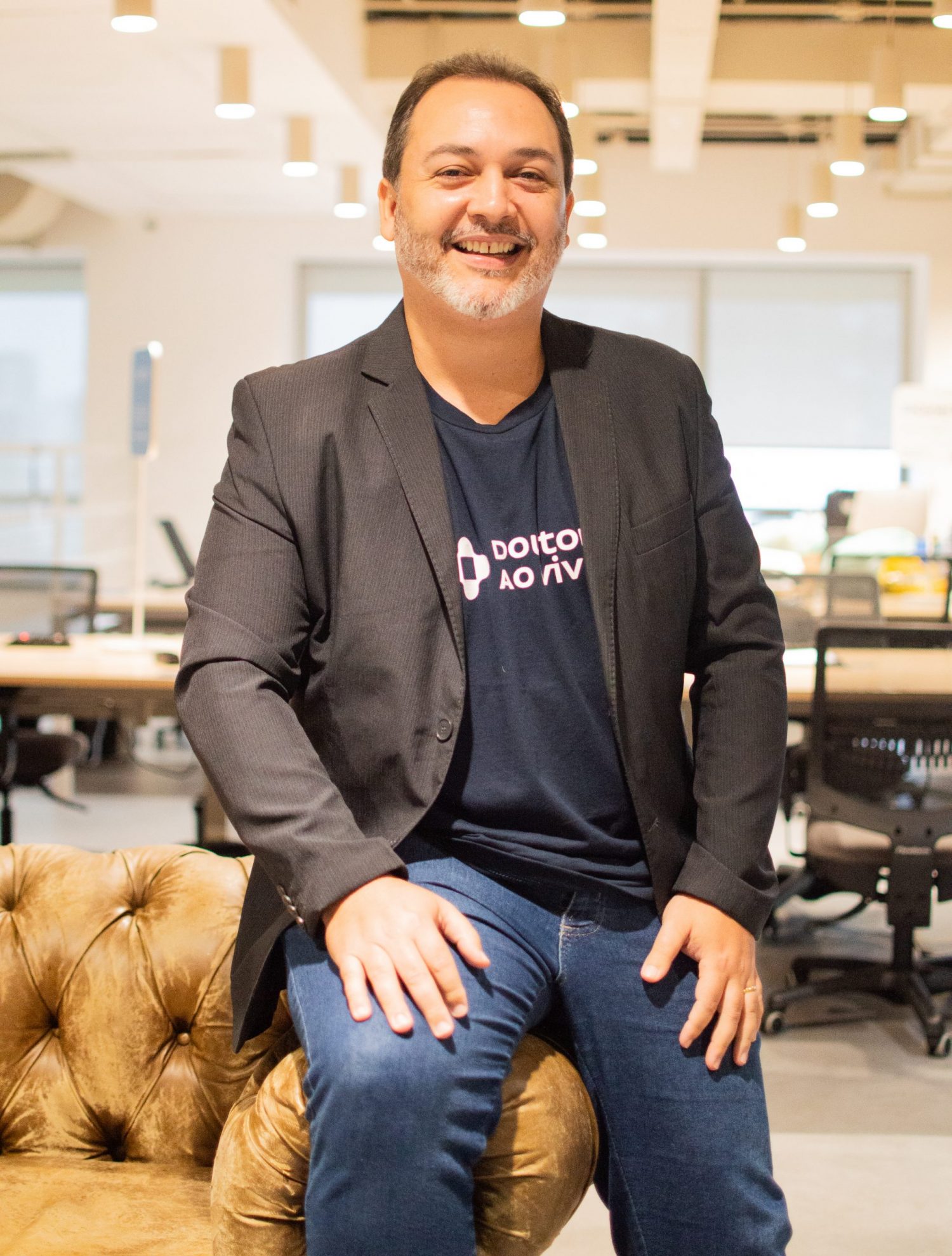Loraine Burgard, founder & business strategy at h.ai, a leading healthtech in the expanded telemedicine category, shares his vision of the sector, the importance of being part of an entity like Saúde Digital Brasil and also tells a little more about the company's trajectory
The world is experiencing a major generational shift. The rise of millennials has profoundly changed how products are consumed, services are offered, and information is transmitted. These young people are tech-savvy and seek greater autonomy and independence, prioritizing convenience and proximity in the services they consume, including in the healthcare sector. Added to this is the widespread acceptance by the older population (Generation X and baby boomers) of the immediate adoption of telemedicine, driven by Covid-19.
“We have experienced an undeniable paradigm shift in relation to the natural resistance of older people to the use of technology. If we consider the aging of the population, when generations X, Y and Z reach old age, we will have an elderly population with technological skills like never before,” highlights Loraine Burgard, founder & business strategy at h.ai, a leading healthcare technology company in the extended telemedicine category.
But what are the impacts of this transformation? What can we expect for the rest of 2024? What are the challenges facing the sector and how can we deal with them? What is the role of technology developers in this evolution?
According to Loraine, the digitalization of healthcare, the portability, interoperability and proximity that digital systems bring, in addition to the concept of expanded telemedicine, are the most appropriate response to this behavioral change that is already underway and has no turning back. More than the sustainability of the system, the digitalization of healthcare is perhaps one of the most efficient ways to implement models “patient centric” and therefore engage these “consumers/patients”.
By 2024, the expectation is that the entire sector, the government and society will become more open and understanding about the importance of using technology in the healthcare sector. Digital healthcare models will gain ground, complementing existing models and providing greater resolution and care, proving that digital healthcare systems are a fundamental investment for the sustainability of the system itself.
However, there are still challenges, the main one being the acceptance, by the healthcare industry itself, of new business and service models, mainly due to the changes they bring to the system. “At this time that the entire sector is going through, it is absolutely necessary to review processes, models and even forms of care. It is necessary to break the resistance to accepting the new in a care logic, making changes faster and more dynamic, to make the sector more efficient, effective and improve outcomes and the patient experience”, he reinforces.
To this end, in the executive's opinion, it is necessary to urgently discuss this resistance that still exists and the impacts that the sector itself suffers due to not updating itself at the necessary speed. The union of efforts and engagement in entities such as SDB are crucial in this regard.
“We believe that, together with other partners, led by SDB, we can bring this topic into the conversation, because the entity has the representation and seriousness that Health needs to be represented before the government and society as a whole. Because it does not engage in commercial activity and brings together a diverse number of companies (including competitors), SDB is impartial in its opinion and always aims for the best strategy for implementing digital models that will help expand and improve access to health in Brazil,” he explains.
I understand a little more about h.ai
h.ai was created to integrate into the existing healthcare ecosystem, aiming to provide greater access while reducing costs. Through an integrated system and connection to cutting-edge devices, h.ai enables remote clinical examinations and connections with doctors via telemedicine, creating and becoming a leader in the expanded telemedicine category.
Whether in booths, totems or home care cases, it is possible to collect more than 15 exams, including blood pressure measurement, bioimpedance, lung auscultation, heart auscultation, blood glucose, ECG, and others such as audiometry and visual acuity. The results are sent in real time to the doctor, allowing for greater resolution and better outcomes for consultations via telemedicine.
“The cross-referencing of collected data and the use of artificial intelligence generate information and insights that enable more efficient and effective management, preventive actions and the implementation of health and well-being policies, aiming at longitudinal care and better population management. In the corporate area, it prevents absenteeism and reduces accidents. In the public area, it finds the patient before he or she “enters” the system in a critical situation”, explains Loraine.
As part of the healthcare ecosystem, h.ai promotes the acceleration of care and digital transformation, helping to make the healthcare market more accessible, sustainable and equitable. In other words, an innovation that meets an urgent healthcare demand and meets a generational change.
Saúde Digital Brasil is an association founded in 2020 that aims to represent the interests of its members and contribute to the strengthening and expansion of digital health in the country in the public and private sectors. The entity brings together the largest digital health players in the country, including telehealth and telemedicine service providers or technology providers for digital health solutions.





